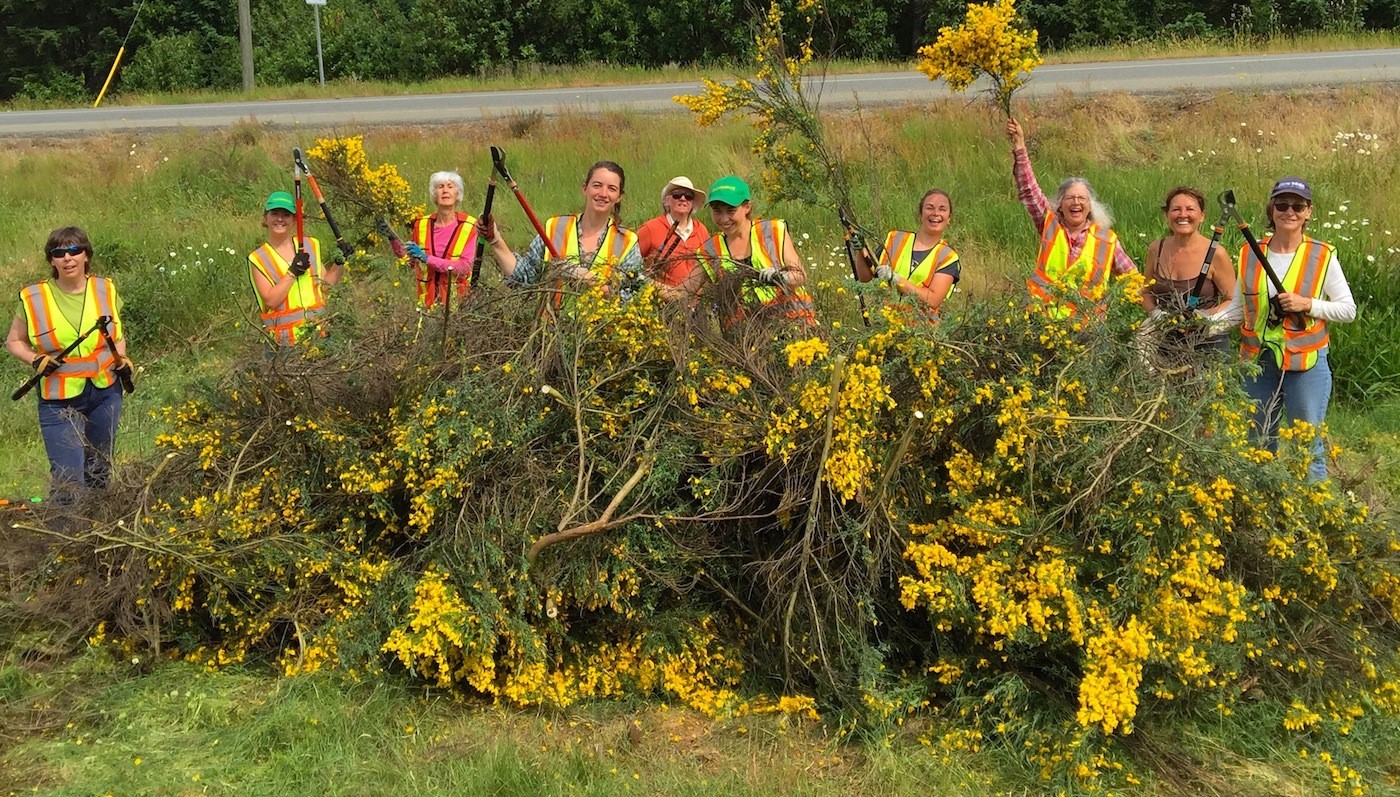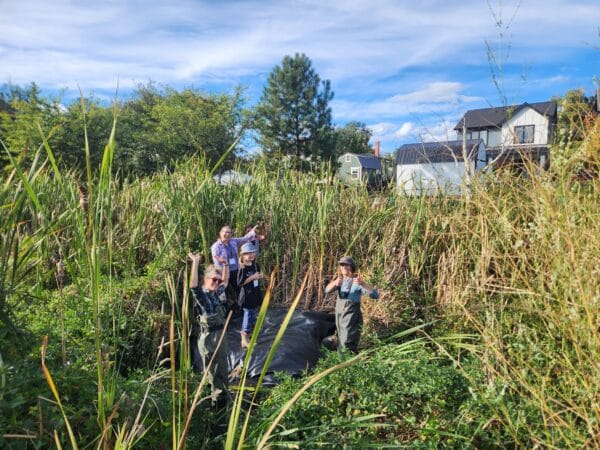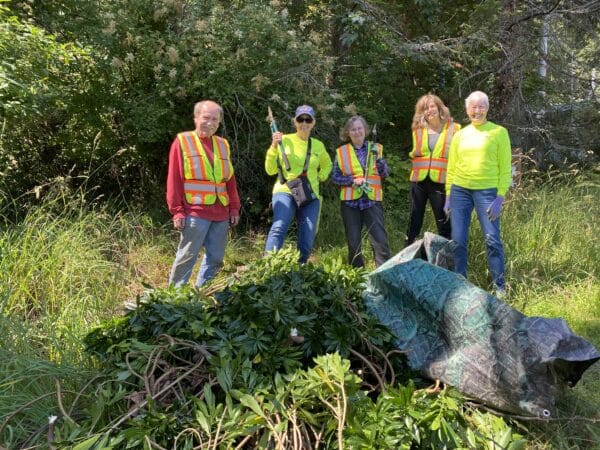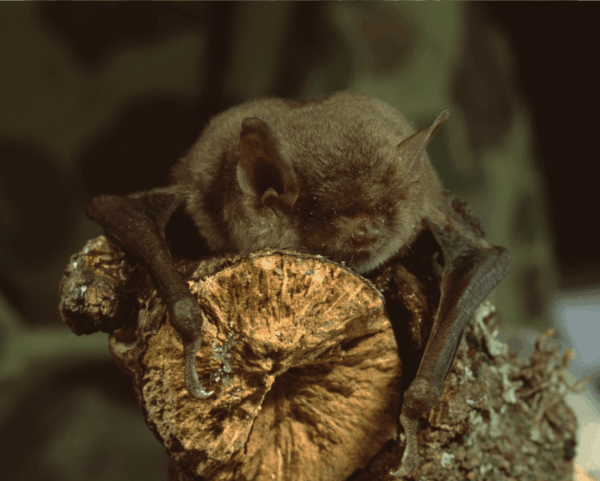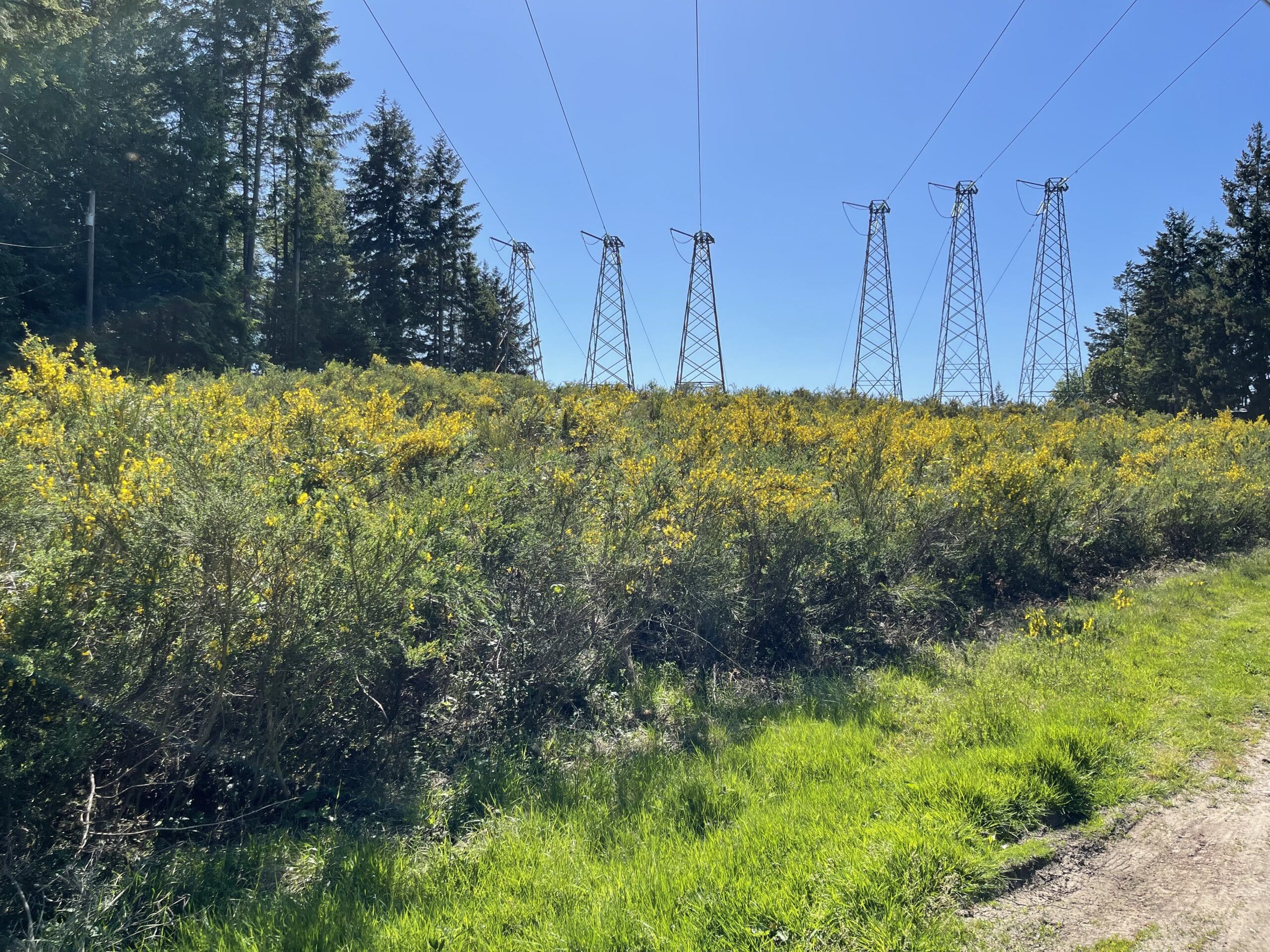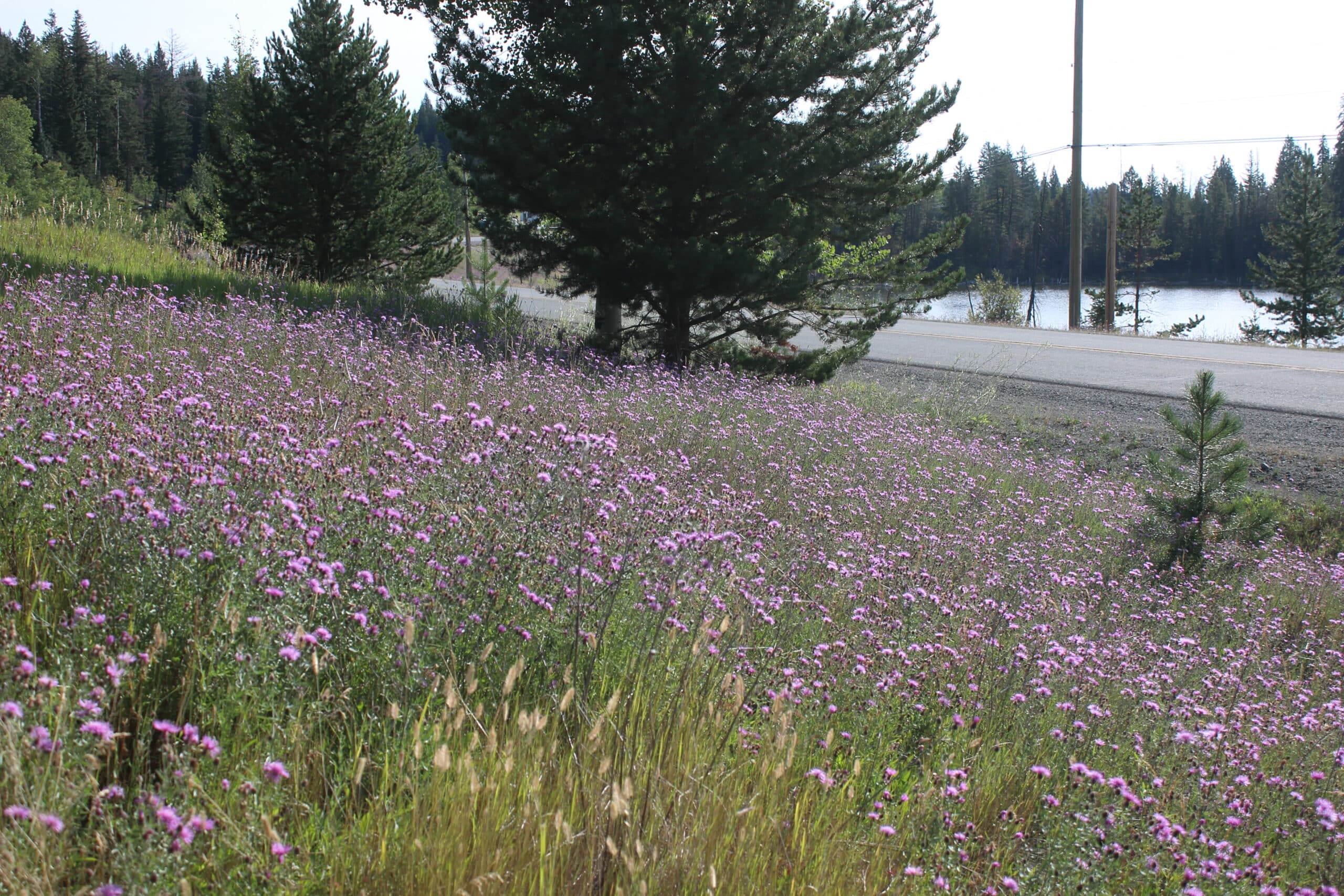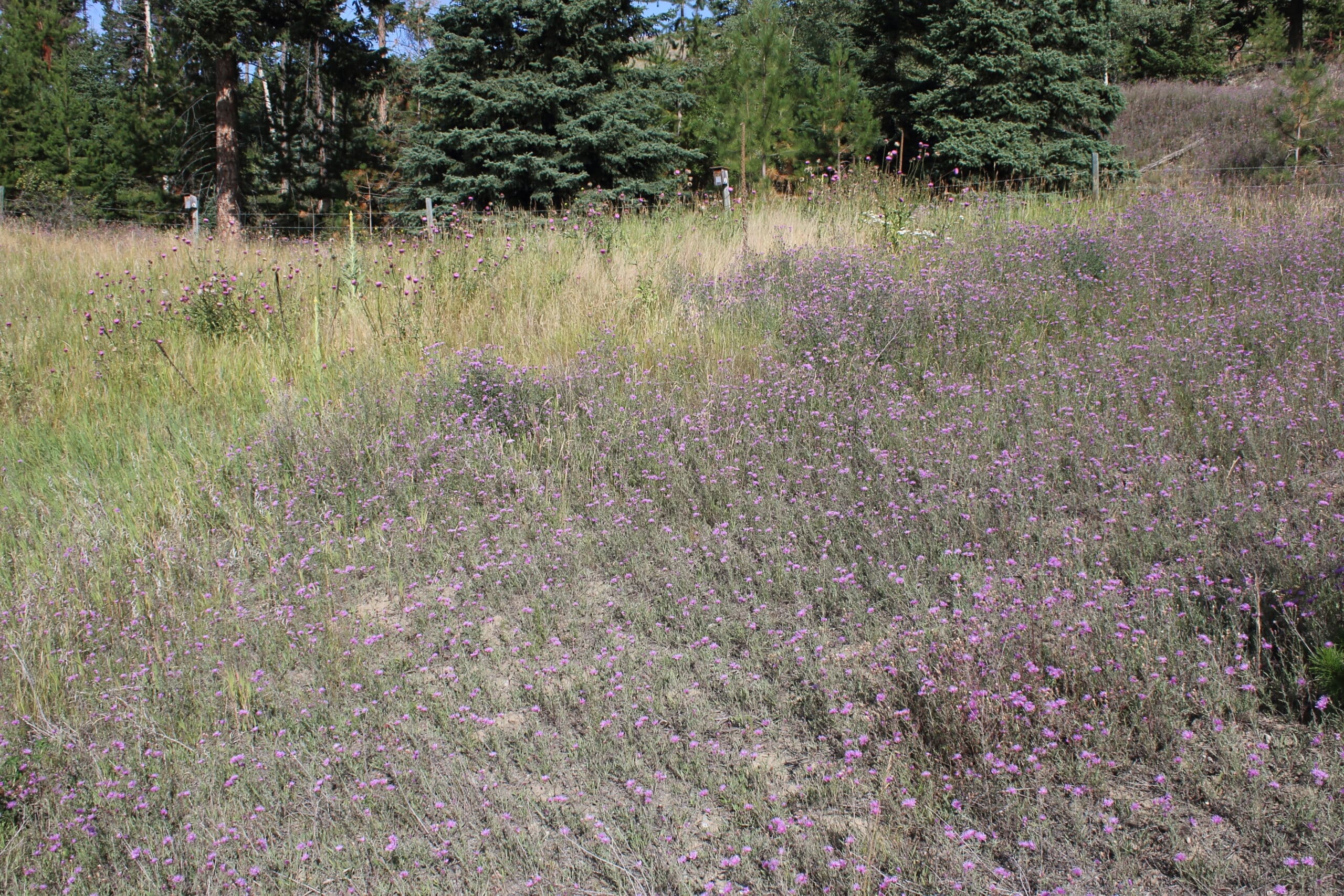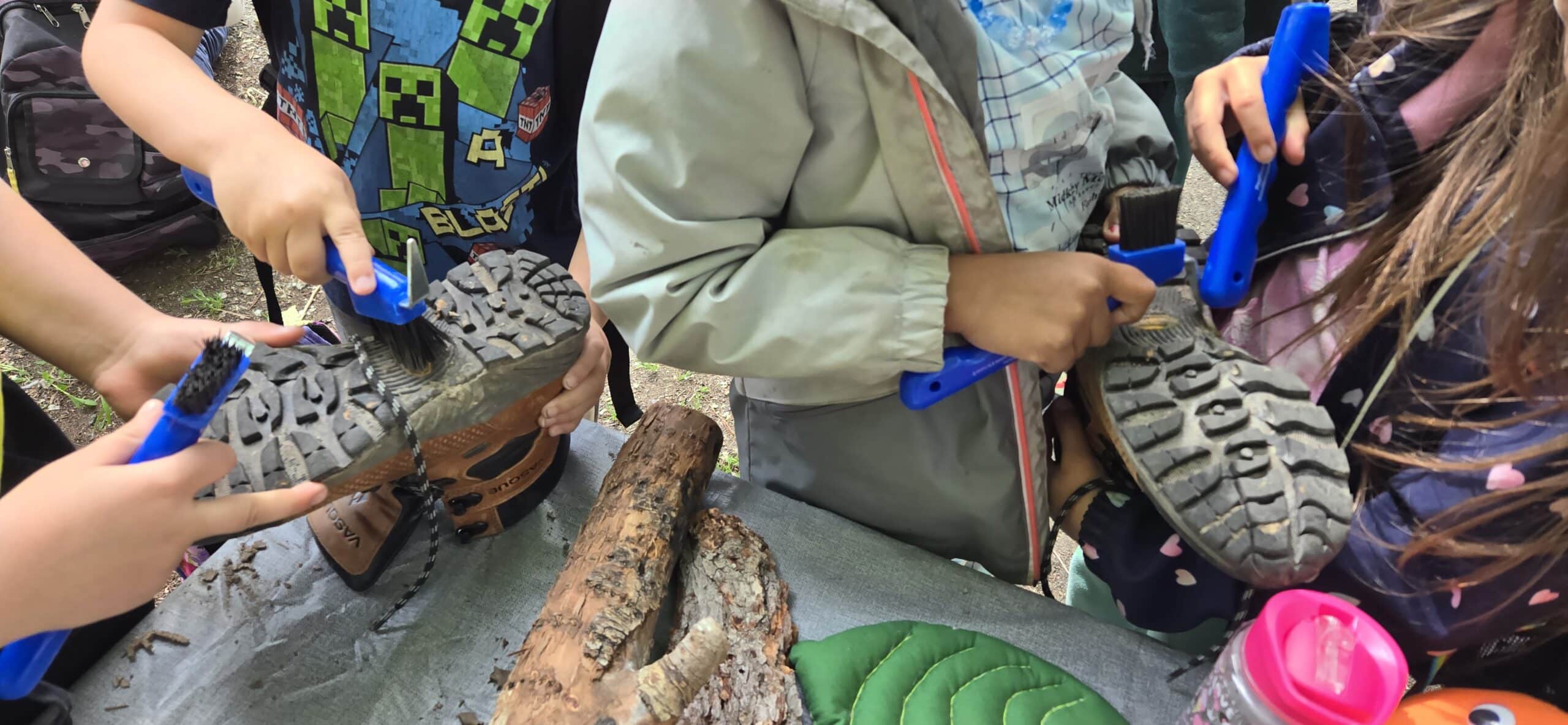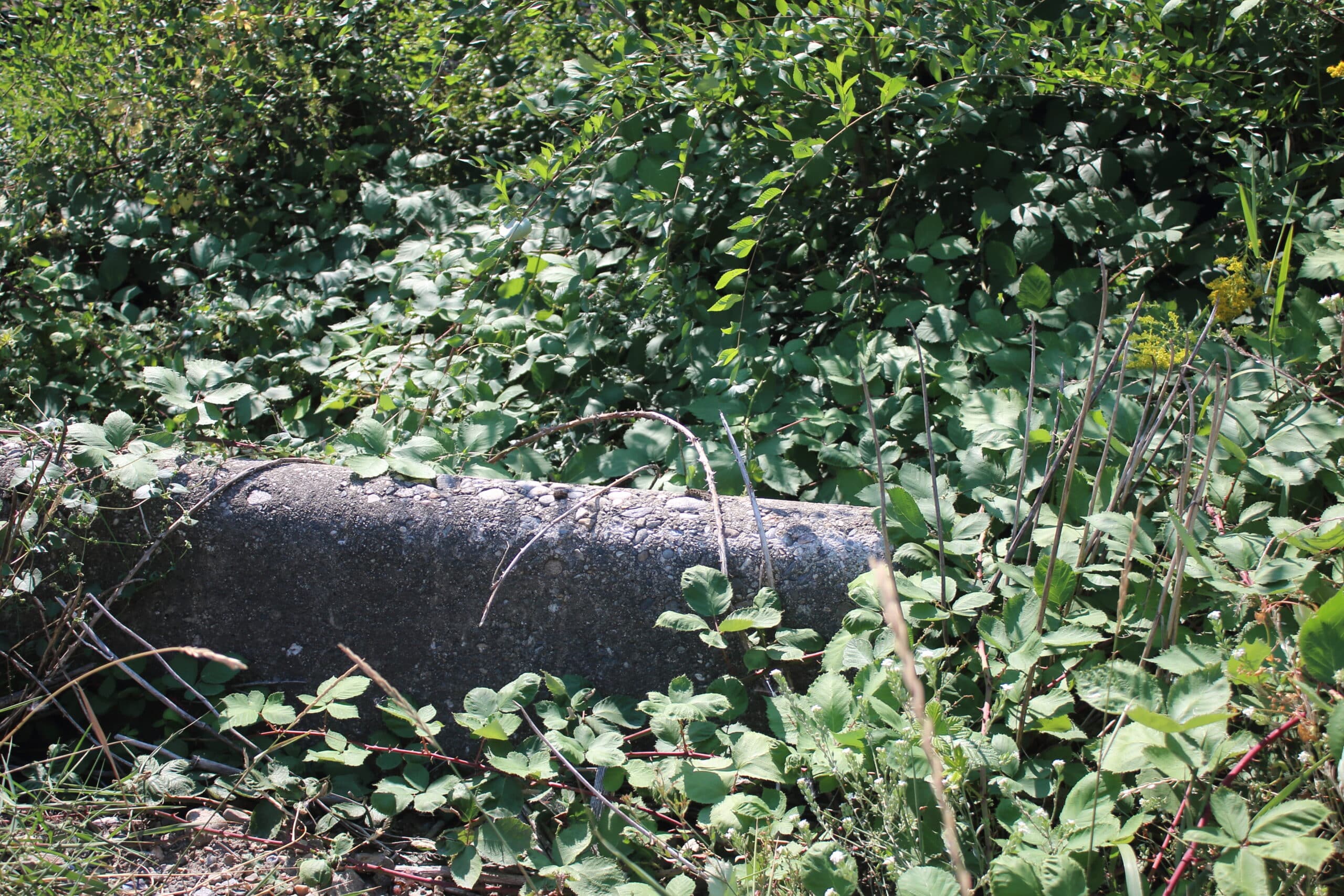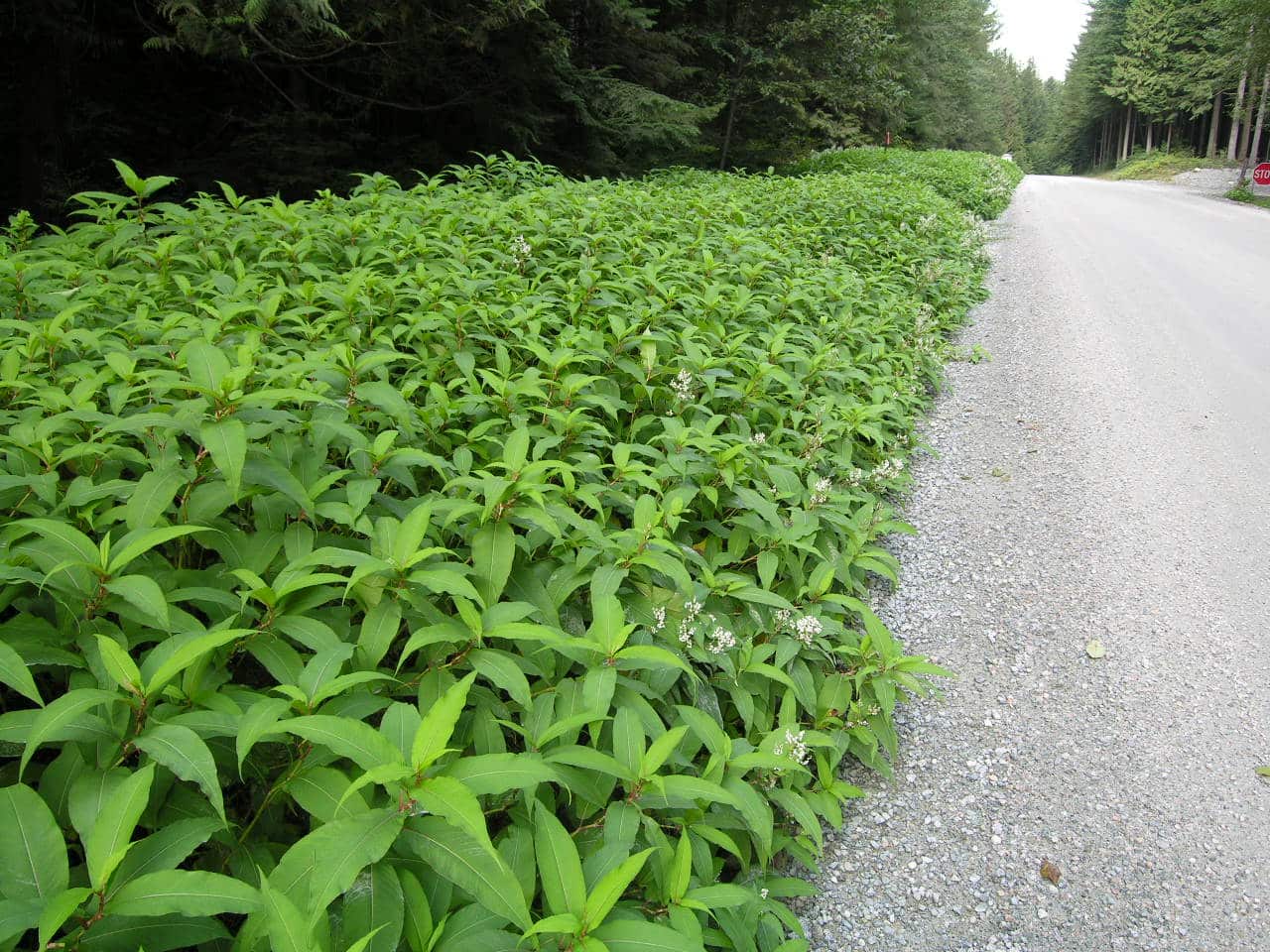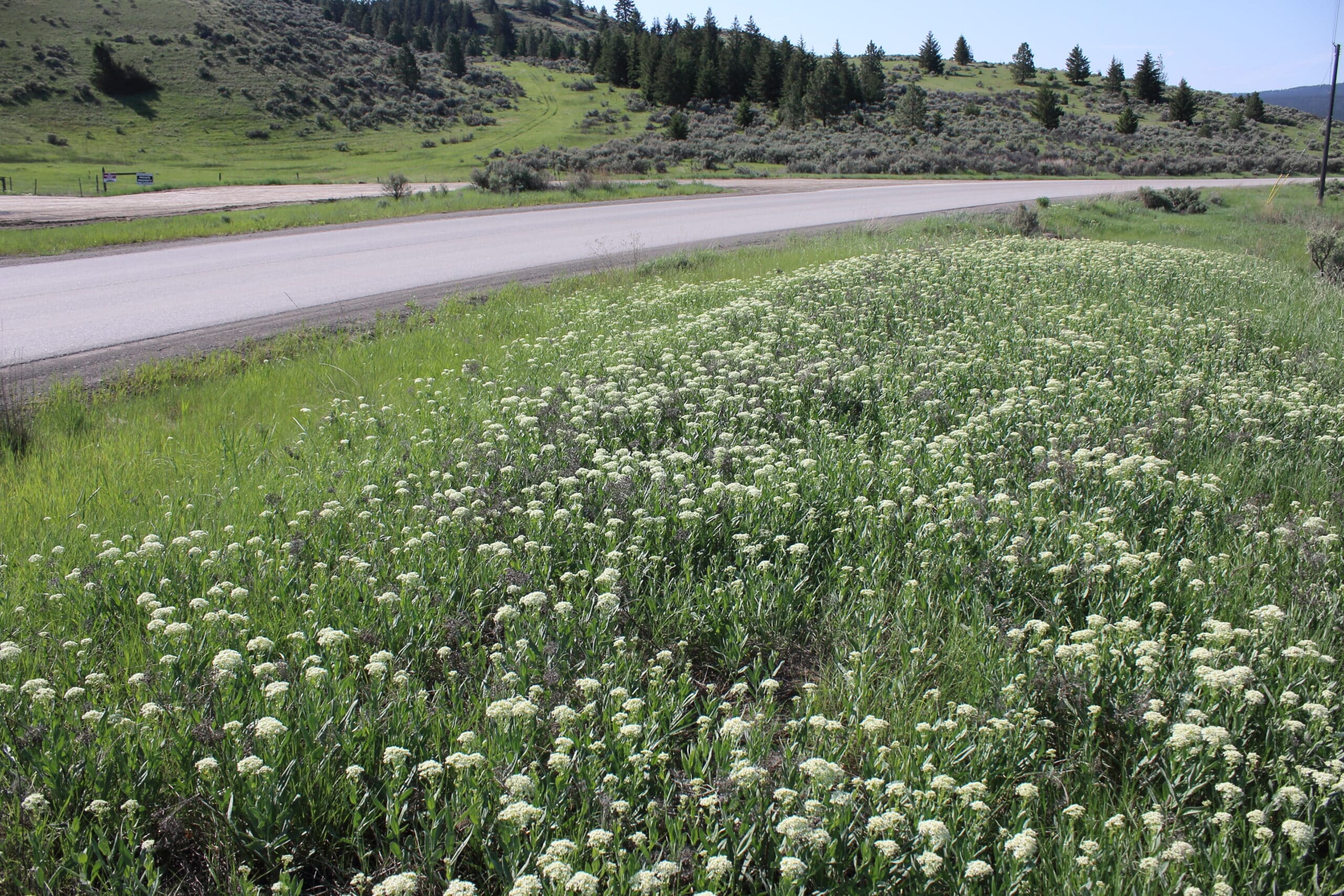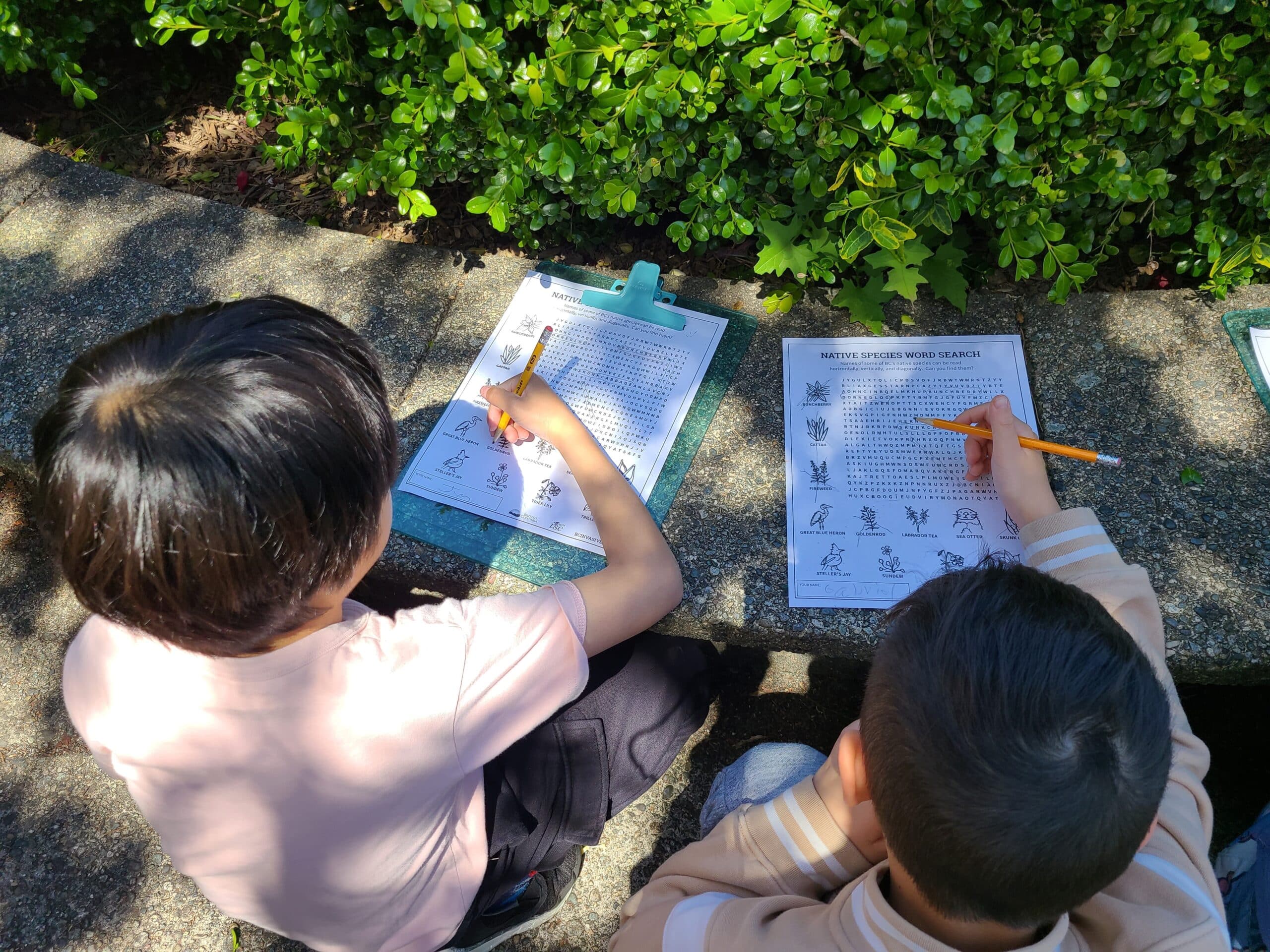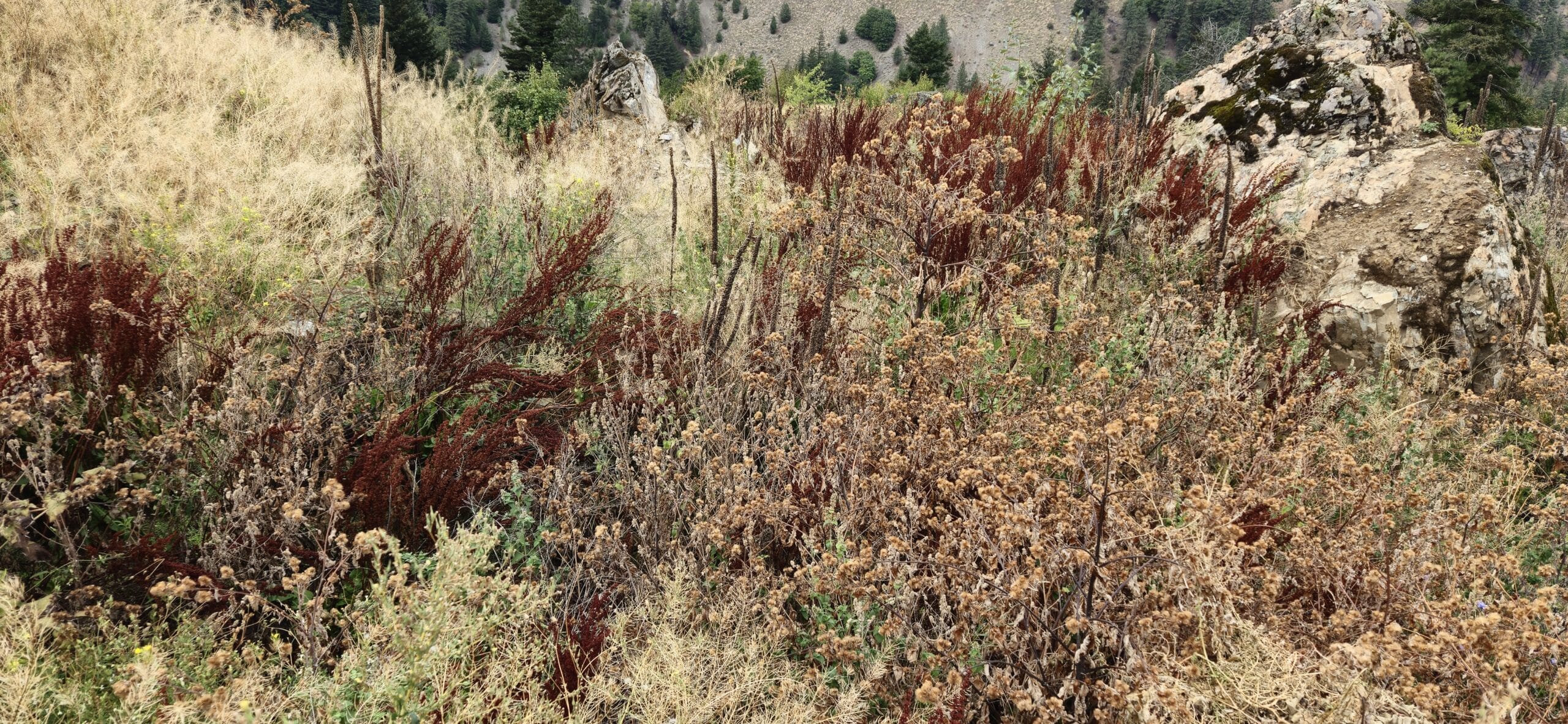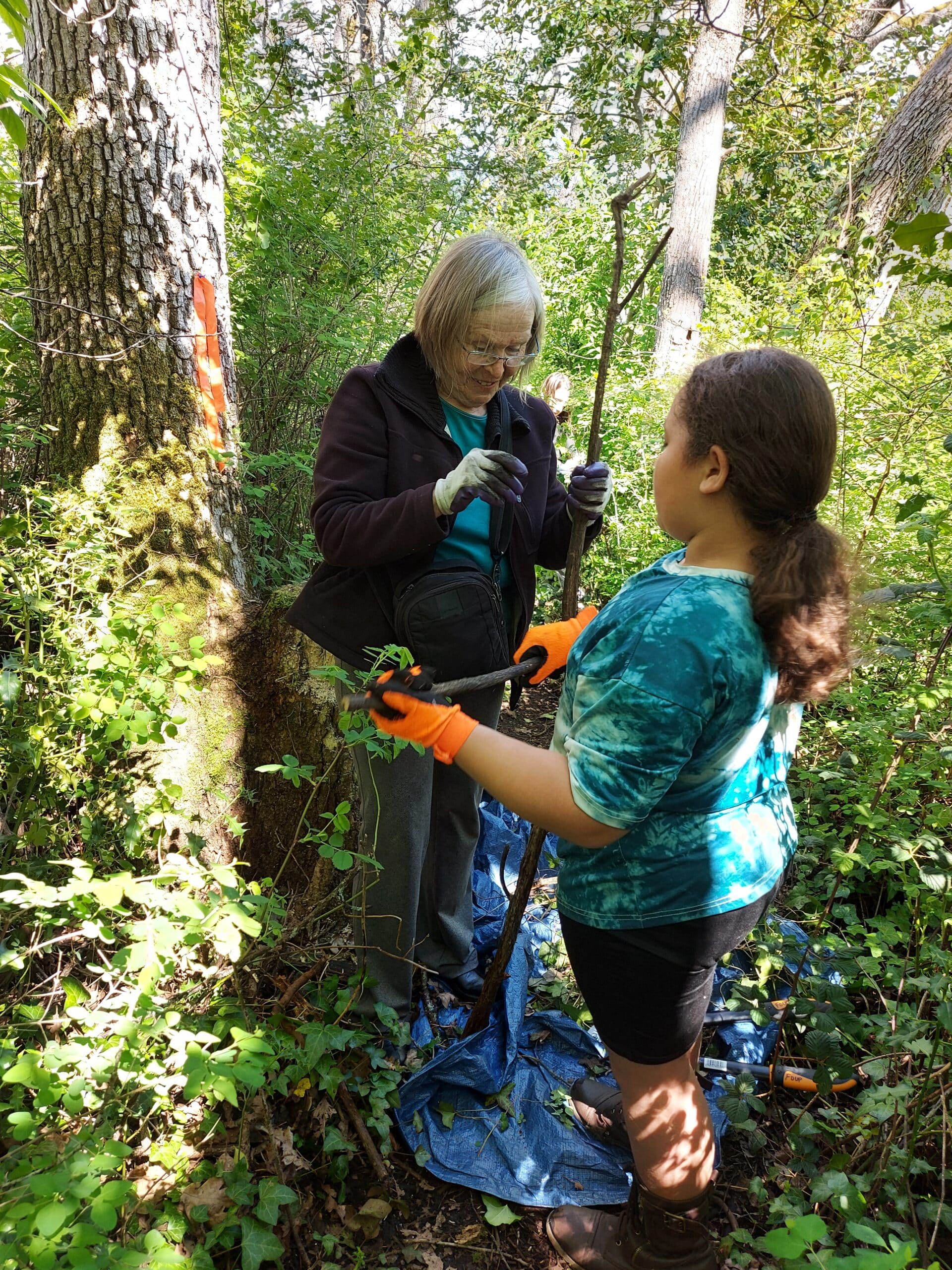By Joanne Sales (Broombusters) and Fiona McDonald | September 15, 2022
Scotch broom is an escaped garden plant, hailing from the Mediterranean. It has expanded in ecosystems across British Columbia (and globally) by taking over disturbed sites like rangelands, roadsides, and areas of recent logging. This hardy, pervasive plant can live up to 25 years and produces seeds that can survive in soil for over 30 years.
So, what hope is there on halting the spread of this invasive? Broombusters! Broombusters is a community organization that has been tackling Scotch broom on Vancouver Island and the Sunshine Coast. We caught up with founder and organizer, Joanne Sales, to learn how she and her volunteers have been working to clear out this unwanted garden escapee.
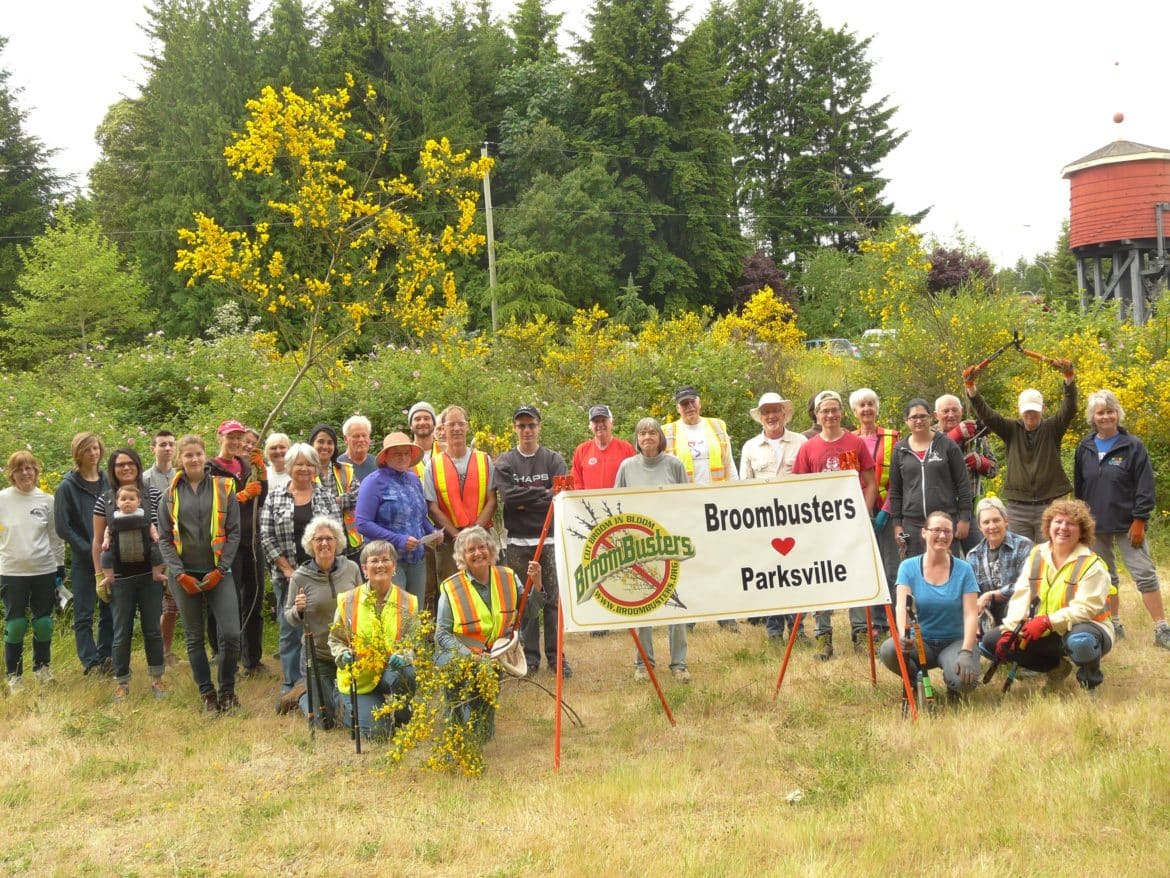
Can you tell us a bit about yourself and how Broombusters got started and has grown?
I’m an organic blueberry farmer. In 2006, I noticed Scotch broom spreading in the fields of farms next door, as well as up and down the road. Like many people, I asked, “Why aren’t THEY doing anything about this?” I asked this question of the Town of Qualicum Beach and an area manager of the Ministry of Transportation and Infrastructure. The answer was always, “We don’t have the manpower.” My next question was, “If we cut it, will you get rid of it?” It turned out to be the perfect question, because in both cases, the answer was yes!
While cutting some broom in Parksville, I also chanced into meeting a long-time railway man who told me that if you cut the broom when it’s blooming, it will die. Sixteen years later we have witnessed it again and again: in most cases, if broom is cut properly at ground level when in bloom, that plant dies, and the remaining ground cover keeps new seeds from sprouting.
So, a group of about 10 of us started cutting broom and stacking it on the side of the road, in Qualicum Beach and Coombs. The piles disappeared! We had a system.
By the next spring, my husband had thought of the name Broombusters and the slogan ‘Cut Broom in Bloom.’ Before 2006, no one used those words. They called broom removal a broom-bash or broom-pull.
The next year, we were really happy to see that the broom we cut in Qualicum Beach did not grow back. Now, we had a direction! In 2007, I talked on the Parksville Council, and they were on board. Then it was Nanaimo and Courtenay. Each year, either I reached out to other municipalities, or more often, they came to us. A council member from Campbell River called and said, “We want to do what Qualicum Beach is doing!” Usually, it is just ordinary citizens who call me up and say they want to be an area organizer. Each year, I connect with the council, or the local area organizer works directly with the Public Works or Parks Departments. In 2022, we now have 12 active municipalities, plus regional districts, and more each year. In 2022, 670 volunteers cut broom for 5600 hours.
What are the concerns of Scotch broom, why should we care?
Scotch broom is a serious bully. It spreads like wildfire and burns like wildfire. Wildlife can’t eat it, and it smothers our more delicate native plants. It’s an alien invasive plant, so hardy that it can stop forests from regrowing. So, we have a choice – “forests” of Scotch broom covering our wildlands, islands and mountain sides – or native forests. It only takes a few seeds after an area is cleared of forests for Scotch broom to take over.
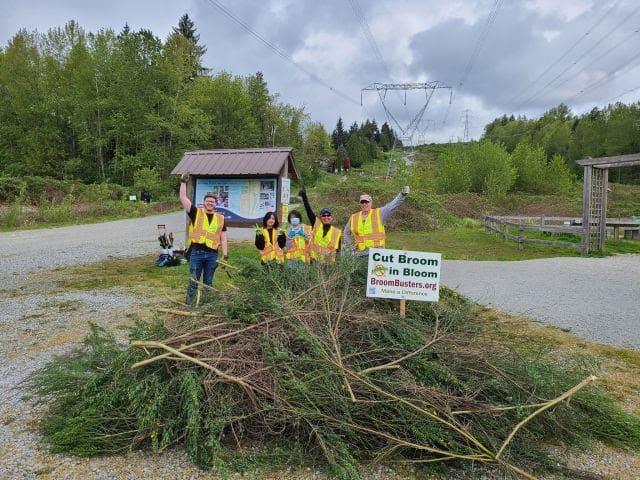
What inspires you and the team to keep going? It seems like a never-ending job.
Especially on Vancouver Island, the extent of the spread of Scotch broom can be quite discouraging. But I have grandchildren, and I can’t leave the problem to them. It’s almost unmanageable now – but imagine if we do nothing! Broombusters keep at it with the attitude and goal: Save what we can. Save this park, this town, this road, island or beach, meadow or young forest.
Volunteers keep coming out because they want to save their local ecosystem – their own neighborhood. It feels really good to drive down a road or walk in a park, and to remember the broom that was there; but now you see native grasses, native plants or young trees.
What is the number one lesson you have learned through this impressive work, growing your initiative, and making such a large impact?
People want to help – even most members of legislatures. The problem is money. Not the government’s money. Rather, the money that investors want to make, or corporations want to save. That money keeps people blind to what is truly valuable. There is nothing more valuable than saving a healthy planet for all living beings in the near and far future.
What would you say to others wanting to get involved in either Broombusters or invasive species management?
Work local. We do need to get out into the clearcuts and mountain trails and miles and miles of roads, but we can develop our skills and commitment by caring for what is close by. There is no traveling band of Broombusters, but Broombusters can help you get things going. The same is true of invasive species councils and local environmental groups. They have usually done the groundwork – now it just takes individuals to donate their time, strength and good will.
Thank you so much for sharing your story, and donating your own “time, strength, and good will”. Is there anything else you’d like to share, why do you do what you do?
It is easy to become really discouraged by the state of the world and the dire condition of the Earth’s ecosystems. But the best therapy of all is to do something about it. SOMETHING. To take some kind of action. And when you meet other people who have the same intention and drive, it is uplifting and inspiring.
We are just a small group really, and our contribution is small on the global scale. But when neighbours join together to help neighbours, then our contributions are huge! We make new friends, we recognize our collective power, we feel inspired by the passions of others. And stopping the spread of Scotch broom? That at least is something we can do.
Want to learn more about Broombusters? Visit their website: www.broombusters.org.
Joanne Sales is an organic blueberry farmer from Vancouver Island, British Columbia. She first took action against Scotch broom in 2006 and today her Broombusters program is active in 12 municipalities and regional districts across British Columbia.
Fiona McDonald is a Communications Coordinator with ISCBC and primarily manages our social media accounts. She is an avid birder, nature photographer, and can usually be found outside making fun, educational nature content to share her love of the outdoors with everyone. You can reach Fiona at fmcdonald@bcinvasives.ca or find her on TikTok @bcinvasives.
Have an invasive species story to tell? Drop Lisa Houle, Communications Coordinator, ISCBC, a line at lhoule@bcinvasives.ca
Share


